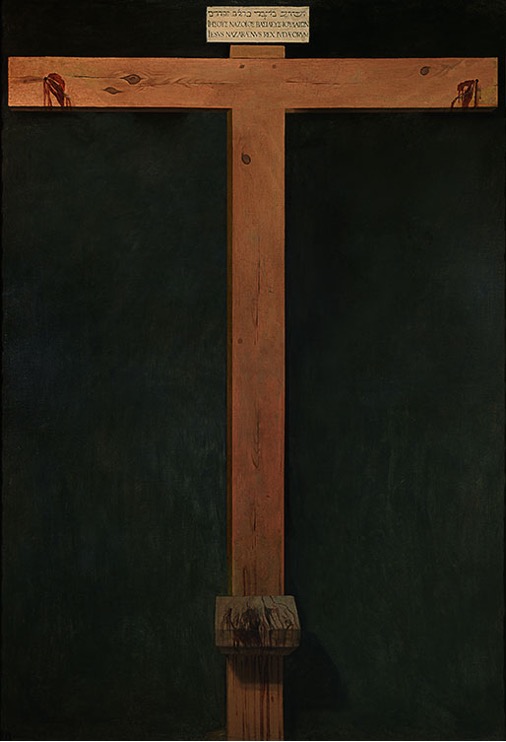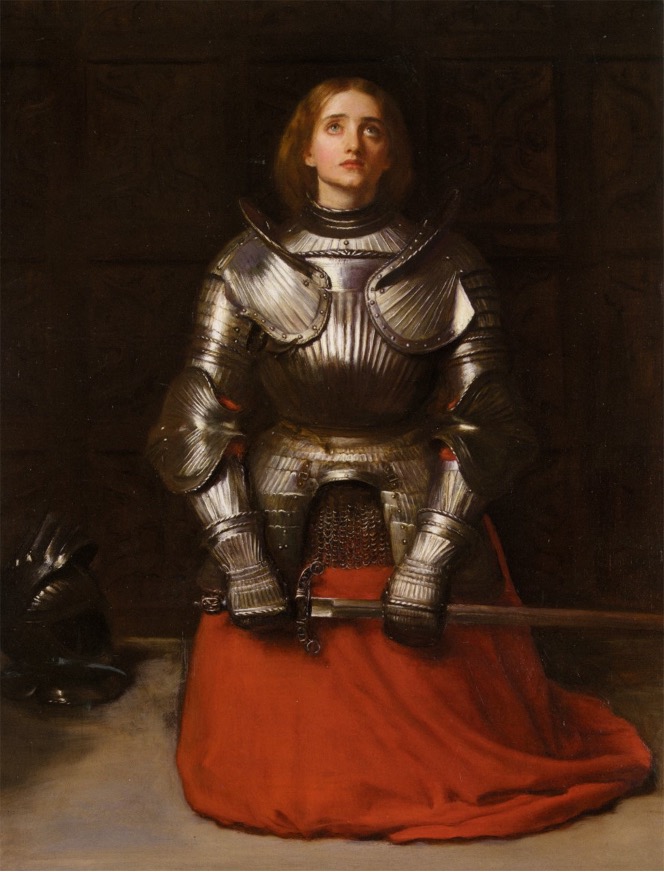MARGOT COLELLA reflects on the driving force behind Dark Academia and the latest widespread obsession with crime in fiction.
The revived appetite for crime fiction follows the Hellenistic tradition of catharsis, which aims to purge individuals of their extreme passions and emotions. Logically, the more the world euphemises human nature – the rawness of the body, the whimsicality of the mind – the more humans must resort to processes of sublimation and transcendence. In the late nineteenth century, the literary Gothic movement developed in response to exaggerated expectations of elegance and rectitude and assumptions of beauty as a sign of goodness. It reclaimed the phrase ‘art for art’s sake’ to oppose Victorian moralism. Centuries later, followers of the Dark Academia movement fixate on immeasurable passions and immoderate actions as a release from contemporary materialism. They want to live without being stifled by objectives of progress, productivity and success. Their creed? Life for life’s sake. Dark Academia is not, as one might think at first glance, a form of modern hedonism and self-abandonment, but a trend resulting from a strong desire to unearth and experience oneself, to explore all layers of life, the ups and downs of human existence. It is a calling for a quest of one’s own, a story worth telling; it is a longing for an odyssey.
Despite its name, the movement does not glorify woe. ‘Dark’ refers to the dramatic filter through which its adepts like to record the world. Its sombre tones and the subdued lighting foster intimacy. The dark edges of the picture capture the immensity of life while maintaining closeness with what is encountered. ‘Dark’ Academia, then, because to be attached to life is to be subjected to it, and life is impermanent joy, love, and sorrow. ‘Dark’ as involving melancholy, a feeling provoked by the evanescence of the world and reinforced by the speed of modern life. Dark Academia stands for a renewed interest in closed-door stories, secret romances, visceral confrontations, and fatal duels – in everything that seems to belong only to us and cannot be dissolved in the vastness of the world. After all, melancholy is a small house.

Notwithstanding its nominal affiliation with the academic milieu, Dark Academia sometimes demonstrates an absence of rigour in its thinking. This is not the result of a lack of discipline, but of time. The pressing circumstances of our lives push those who like to ponder to forgo lengthy undertakings and embrace striking depictions of devotion and devastation, through images and quotations whose effect, perchance, will communicate what the world does not allow them to say. Dark Academia emerged online through the gathering of a dissatisfied youth whose enthusiasm had been disregarded. Years later the virtual circle persists, sometimes spills over into ‘real life’, the one that leaves no time for contemplation. Dark Academia is liminal, a movement between two realities, two aspirations; its followers are rushed and torn. Academia, yes, but think not of it as dreary, rather as the resurrected passion of those yearning for exploration. Do not envision a classroom, a lecture hall. Imagine a corridor, a staircase. Think of learning as a gambling game. Think of creating as a high-speed chase. Think of living as an existential bet. Think of knowledge as an ongoing draft.
The ravenous crowd seeks electrifying experiences and finds them in dried ink and blue-lit images. Its delusional members are a clue to the impersonal nature of our world which, paradoxically in the age of communication, allows encounters through indirect means only. Pages and screens shield our sensitivity while making room for it. Behind that wall, raving about the beautiful and the horrible, what we want is to vibrate. Our obsessions: wretched attempts to relieve the itch to feel alive. Destiny fascinates us, and if we are doomed rather than promised happiness, we greet our sentence. Alas, something comes our way! We have stooped so low that we revel in being merely acknowledged.

In this utilitarian world, which downgraded rites and the ramblings of the living to the rank of futile things, some of us still cling to such trivialities as humanities and endless questioning. Some of us try to render necessary the unnecessary and unarguable the subjective. What shall we make of the life that is pulsing in our arteries? In the absence of epics to feed onto, we want to be heroes ourselves, but we have conflated our heroes and martyrs. ‘To burn,’ said Joan. ‘To burn for my country. I’d rather not. I’d rather burn than have no country. I’d rather burn than be left without a ground.’ Tears and ashes imprint the path we choose to travel like the veins of a worn-out skin. Torment highlights the way home and we are looking for a home, so we are tormented. The resurgent fascination with death is our delirium tremens for lack of exaltation. Recent requirements of sobriety have been too dogmatic. It is not that we want a tragedy to happen; we want something to happen and tragedy is most discernible.
When the world no longer attempts to preserve itself and drags us down with it, to sink in our own somewhat exuberant way is to regain agency. To the Romantics, love is a way to witness one’s existence through the desire that wets the eyes of a lover. To the devotees of Dark Academia whom we have yet to name, the pragmatic Romantics perhaps, fictional murder is a way to fill one’s being, a sanitised cannibal craving. With a fork and a knife, we feed on others. How can something as irreversible as the act of elimination ring the start of one’s life? Quite simply, because the weight of the deed anchors them in the present. It is an emergency exit for those who do not want to be swept away by the past or silenced by the future.
Born from undernourishment, Dark Academia tempers our profound need for a non-absolute self. Not unprecedented, the violence explored by the movement through literary texts and elliptic images is a form of transcendence. The real violence is that of time passing and always abandoning us, that of a world which, in spite of this, refuses to let us explore the few moments that belong to us. A waltz, this is what Dark Academia wishes for. A waltz in which North is irrelevant, in which masks are removed and partners leave and return. To not have to live in a straight line, not fade under the weight of a history turned indelible data. Think of data as a ghost. We are haunted by records of a past self a little too fixed, a little too clear. Every step we take is too definitive, so some of us walk in mud. To be and overcome who we are. Some of us write letters, dreams that can be burnt. Some play games of which no one remembers the rules. Some turn to forsaken lands which no one governs anymore, to heavens with no clergy. The dilemma: to exist grandly, not irrevocably.
Featured Image: John Everett Millais, Joan of Arc.





